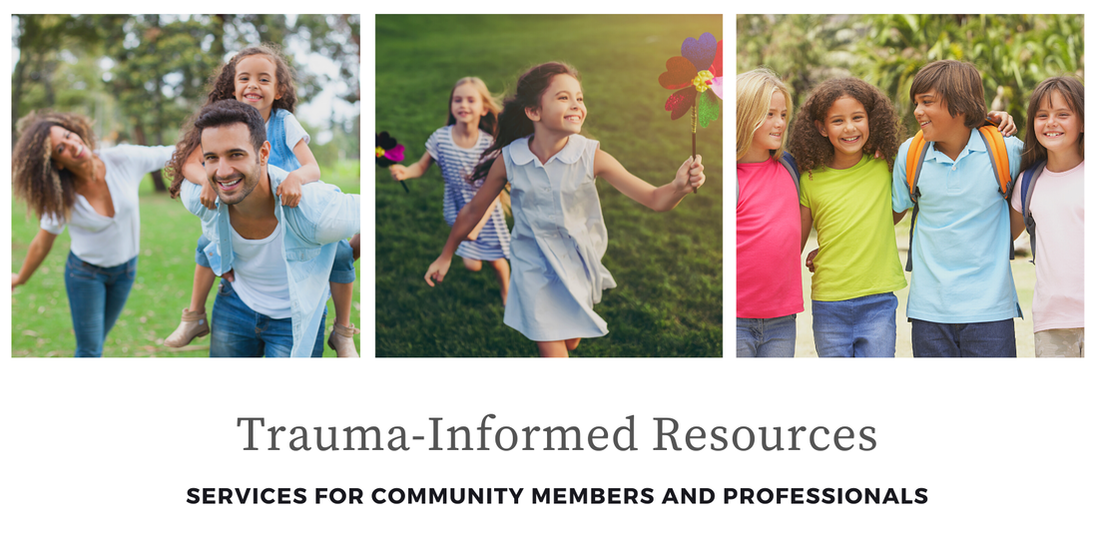- Home
- Trauma-Informed Education
- Trauma Overview
-
#onecaringadult
- #Onecaringadult Allegany County App
- #onecaringadult- Academic Stress
- #onecaringadult- Alcohol and Other Drugs
- #onecaringadult- Bullying
- #onecaringadult- LGBTQ+
- #onecaringadult- Childhood Neglect
- #onecaringadult- E-Cigarettes and Vaping
- #onecaringadult- Eating Disorders
- #onecaringadult- Mental Health
- #onecaringadult- Online Sexual Exploitation
- #onecaringadult- Non-Suicidal Self-Injury
- #onecaringadult- Sexual Abuse
- #onecaringadult- Sexually Transmitted Infections
- #onecaringadult- Suicide Prevention
- #onecaringadult- Teen Dating Violence
- #onecaringadult- Teen Pregnancy
- #onecaringadult- Toxic Stress
- #onecaringadult- Vaping & E-Cigarettes
- #onecaringfriend
- Trauma-Informed Resources
Self-Help ProgramsSelf-Help Groups that are specifically for traumatic stress are made up of peers with similar mental or emotional issues. Since these groups are typically peer-led and informal, mental health professionals consider them an adjunct to formal therapy. Also known as mutual help groups, the goal of these groups is to assist one another in coping with and, if possible, recovering from their mental and emotional challenges.
|
Trauma-Focused TherapyTrauma-Focused Therapy is a specific approach to therapy that recognizes and emphasizes understanding how the traumatic experience impacts a child’s mental, behavioral, emotional, physical, and spiritual well-being. This type of therapy is rooted in understanding the connection between the trauma experience and the child’s emotional and behavioral responses. The purpose of trauma-focused therapy is to offer skills and strategies to assist your child in better understanding, coping with, processing emotions and memories tied to traumatic experiences, with the end goal of enabling your child to create a healthier and more adaptive meaning of the experience that took place in his/her life.
|
MindfulnessMindfulness means maintaining a moment-by-moment awareness of our thoughts, feelings, bodily sensations, and surrounding environment, through a gentle, nurturing lens.
Mindfulness also involves acceptance, meaning that we pay attention to our thoughts and feelings without judging them—without believing, for instance, that there’s a “right” or “wrong” way to think or feel in a given moment. When we practice mindfulness, our thoughts tune into what we’re sensing in the present moment rather than rehashing the past or imagining the future. |
- Home
- Trauma-Informed Education
- Trauma Overview
-
#onecaringadult
- #Onecaringadult Allegany County App
- #onecaringadult- Academic Stress
- #onecaringadult- Alcohol and Other Drugs
- #onecaringadult- Bullying
- #onecaringadult- LGBTQ+
- #onecaringadult- Childhood Neglect
- #onecaringadult- E-Cigarettes and Vaping
- #onecaringadult- Eating Disorders
- #onecaringadult- Mental Health
- #onecaringadult- Online Sexual Exploitation
- #onecaringadult- Non-Suicidal Self-Injury
- #onecaringadult- Sexual Abuse
- #onecaringadult- Sexually Transmitted Infections
- #onecaringadult- Suicide Prevention
- #onecaringadult- Teen Dating Violence
- #onecaringadult- Teen Pregnancy
- #onecaringadult- Toxic Stress
- #onecaringadult- Vaping & E-Cigarettes
- #onecaringfriend
- Trauma-Informed Resources



